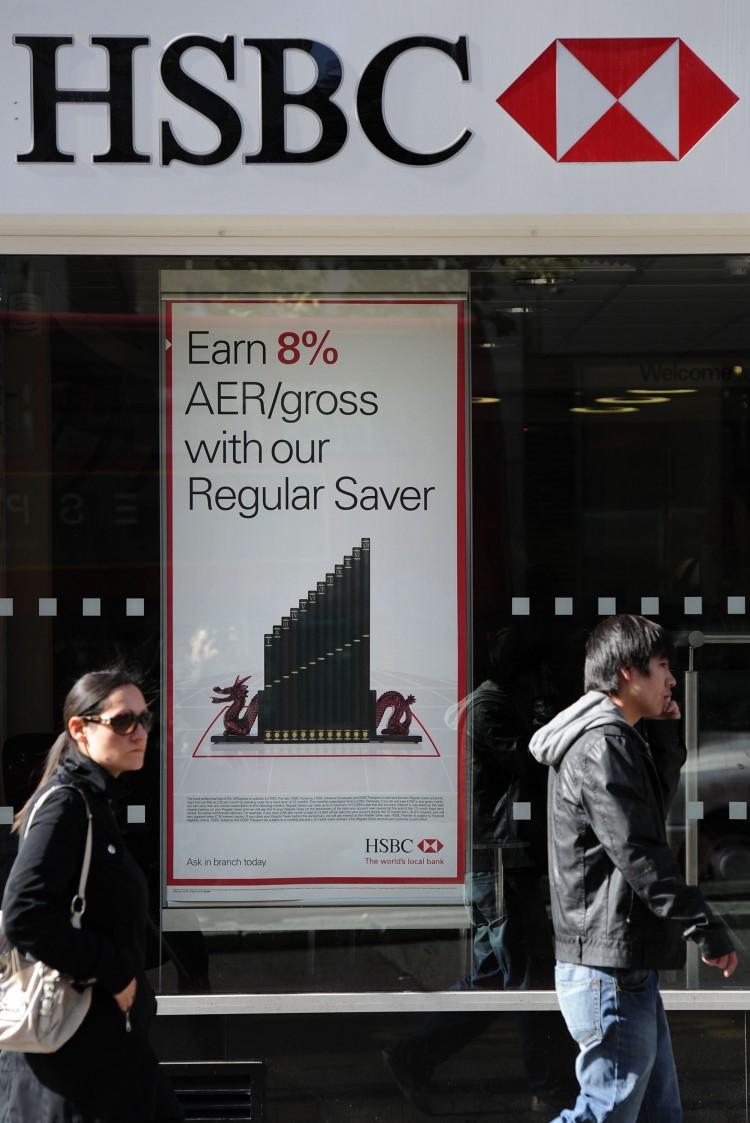Bank Commission Proposes New Bank Rules
New proposals to make sure U.K. taxpayers no longer have to pay for banks’ failures have been praised by British Chancellor George Osborne.

An HSBC branch in central London. Britain���¢�¯�¿�½�¯�¿�½s banks will have to make costly structural reforms after the Independent Commission on Banking (ICB) said banks should 'ring-fence' retail operations and increase capital reserves. Carl Court/AFP/Getty Images
|Updated:





